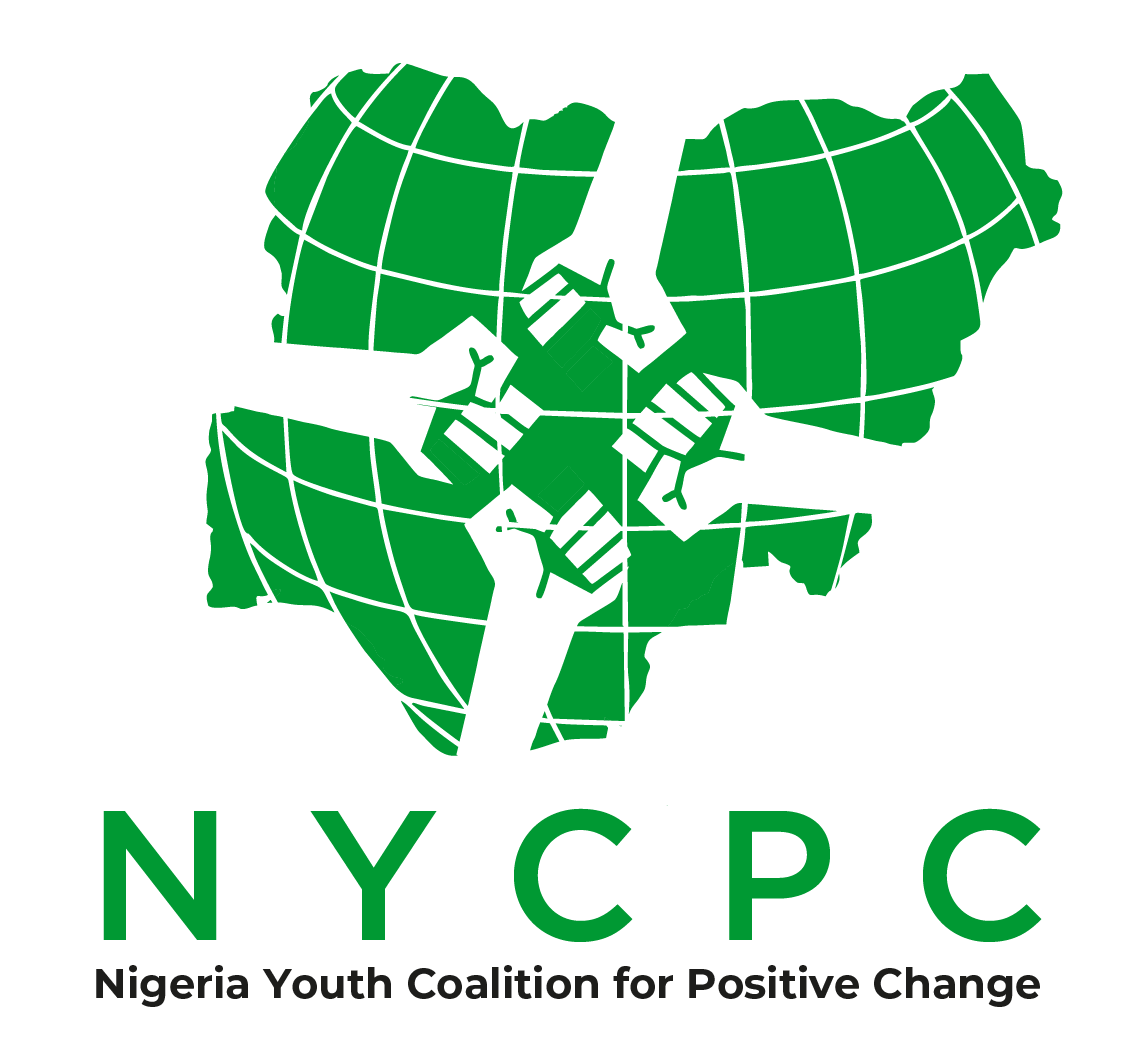As Nigeria stands at the crossroads of its future, the question that looms large is: Which way Nigeria? The complexities and challenges facing this vibrant nation are as diverse as its people, yet there are paths forward that offer hope and promise for a brighter tomorrow.
One crucial aspect of Nigeria’s journey lies in its governance. Transparent, accountable, and inclusive governance is not just a desire but a necessity for progress. This involves fostering a political environment where voices from all corners of society are heard and where leaders are held accountable for their actions. Embracing good governance practices can pave the way for sustainable development and ensure that the benefits of progress reach every Nigerian.
Another vital avenue for Nigeria’s advancement is economic diversification. While the country has long relied on its oil wealth, diversifying the economy can shield it from the volatility of global oil markets and create new opportunities for growth. Investing in sectors such as agriculture, technology, manufacturing, and renewable energy can unlock the nation’s immense potential and drive inclusive economic development.
Education is the cornerstone of any nation’s progress, and Nigeria is no exception. By prioritizing education at all levels and ensuring access to quality learning opportunities for every child, Nigeria can empower its youth to become the leaders, innovators, and problem solvers of tomorrow. Investing in education is an investment in Nigeria’s future prosperity and stability.
Addressing the challenges of inequality and poverty is also paramount in charting Nigeria’s path forward. By implementing policies that promote social inclusion, economic empowerment, and equitable distribution of resources, Nigeria can build a more just and prosperous society where every citizen has the opportunity to thrive.
Furthermore, harnessing the potential of Nigeria’s diverse cultural heritage and fostering national unity is essential for sustainable development. Embracing Nigeria’s rich cultural tapestry can promote social cohesion, foster national pride, and unlock new avenues for cultural and creative industries to flourish.
Lastly, Nigeria’s journey towards progress must prioritize environmental sustainability. Preserving Nigeria’s natural resources, mitigating the impacts of climate change, and promoting eco-friendly practices are vital for safeguarding the country’s environment for future generations.
In conclusion, the path forward for Nigeria is multifaceted and requires a holistic approach that addresses governance, economic diversification, education, social inclusion, cultural heritage, and environmental sustainability. By embracing these paths and working together towards a common vision, Nigeria can overcome its challenges and unlock its full potential as a prosperous, inclusive, and sustainable nation. The question of “Which way Nigeria?” is not just a question of direction but a call to action for all Nigerians to come together and shape a brighter future for generations to come.
